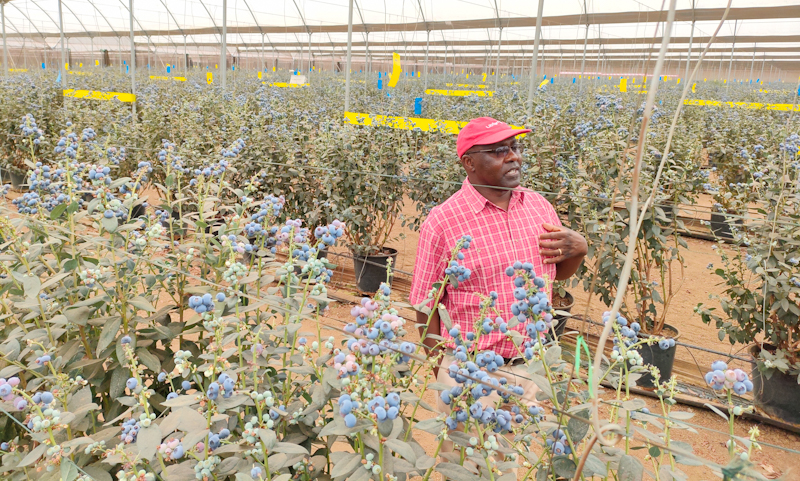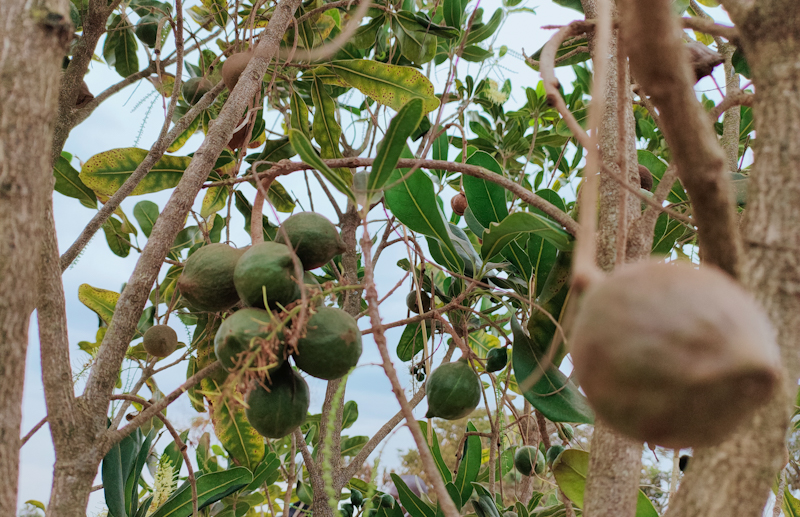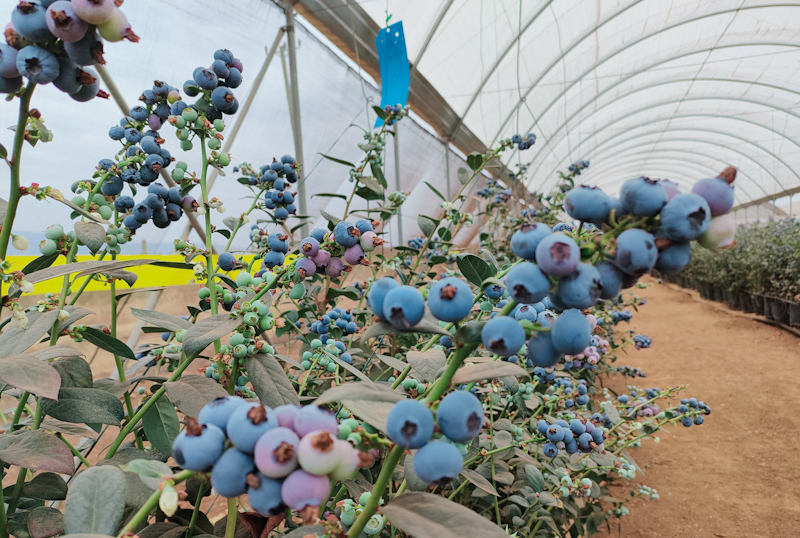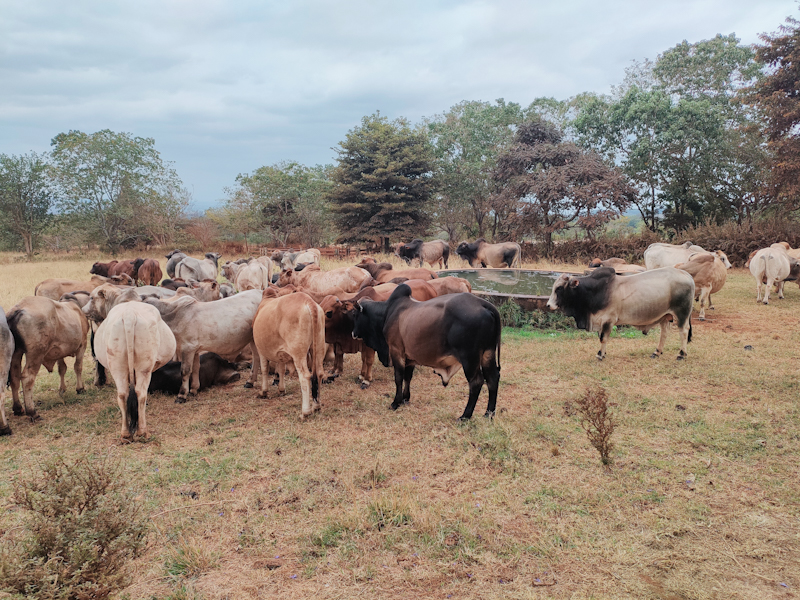Agricultural firm Kakuzi PLC is bullish on the long-term growth prospects of its products.
Wilson Odio, the Kakuzi assistant general manager in charge of corporate affairs, told Khusoko that the company is looking for profitable growth and will expand its diversified agricultural product portfolio.
The Nairobi Securities Exchange-listed Kakuzi firm revealed its plans as an indication that it has resolved alleged human rights abuse issues that cost it KSh1.1 billion in legal fees and payments to the victims in Kenya and Malawi.
In 2020, UK supermarket giant Tesco suspended the supply of avocados from the company over alleged systemic human rights abuses.
“We are cognizant that going forward; businesses will increasingly have to observe human rights in the course of their operations. Kakuzi does not in any way entertain human rights abuse of any sort,” said Odio.
Kakuzi Plc is a dually listed company trading on both the Nairobi and the London Stock Exchange.
It engages in the cultivation, manufacture, and marketing of tea, growing and marketing of avocados, livestock farming, growing of macadamia and forestry development.
Macadamia Nuts
Kakuzi aims to increase its annual production of macadamia nuts from 500 million kilograms to one million kilograms of kernels.
“We have 1030 hectares of planted macadamia. In our next phase, we shall have expanded by 35 hectares to 1400 hectares in three years,” Mathias Muinde, Assistant General Manager, notes.
According to its 2020 annual report, the planting will be completed by 2026, but the trees take 7 years after planting to begin yielding, with the peak cropping period being after around 14 years.
“The demand for macadamia is very high because the global supply is 2 per cent,” Muinde disclosed.
However, he raised concerns about the impact of climate change on the crop. Initially, they used to harvest 70 per cent of the nuts in the March-April period, but now it is 50:50 per cent for the two seasons.
“Although we are not losing on the yield, harvesting in two seasons increases our operational cost because of a long harvesting period.”
Blueberries
Regarding blueberries described as ‘superfoods’, Mr Laban Koima, Manager Blueberry, according to their 10-year development plan (from 2019), would have expanded to 200 hectares from the current 10 hectares.
Koima says they are also getting orders from Nigeria and Egypt.
The plan by Kakuzi is the latest indication that its income diversification strategy is bearing fruits.
For instance, in 2020, it increased avocado plantings with an additional 85 ha planted. In addition, it increased its irrigation developments in both macadamia and avocados as a key part of its strategy to mitigate the risk of adverse weather.
“Avocados, macadamia nuts and wood products are all strong contributors to business performance. We hope in time that the blueberry venture will add a fourth component to this strategy,” the indicates in its annual report.
Other initiatives in place include diversifying its livestock operations through a combination of beef cattle and goat production to meet the demands of local businesses surrounding its operations.
The firm also said its smallholder avocado economic empowerment program is yielding good results and will continue to get greater market access for the fruit.
“Training and technology transfer is key, and our staff are keenly focused on this task. For Kenya to correctly take its position as a world leader in avocado production, we must continue to train farmers on what the markets demand from them.”








1 Comment
Pingback: Kakuzi Gives Profit Warning Following Drop in Avocado Production